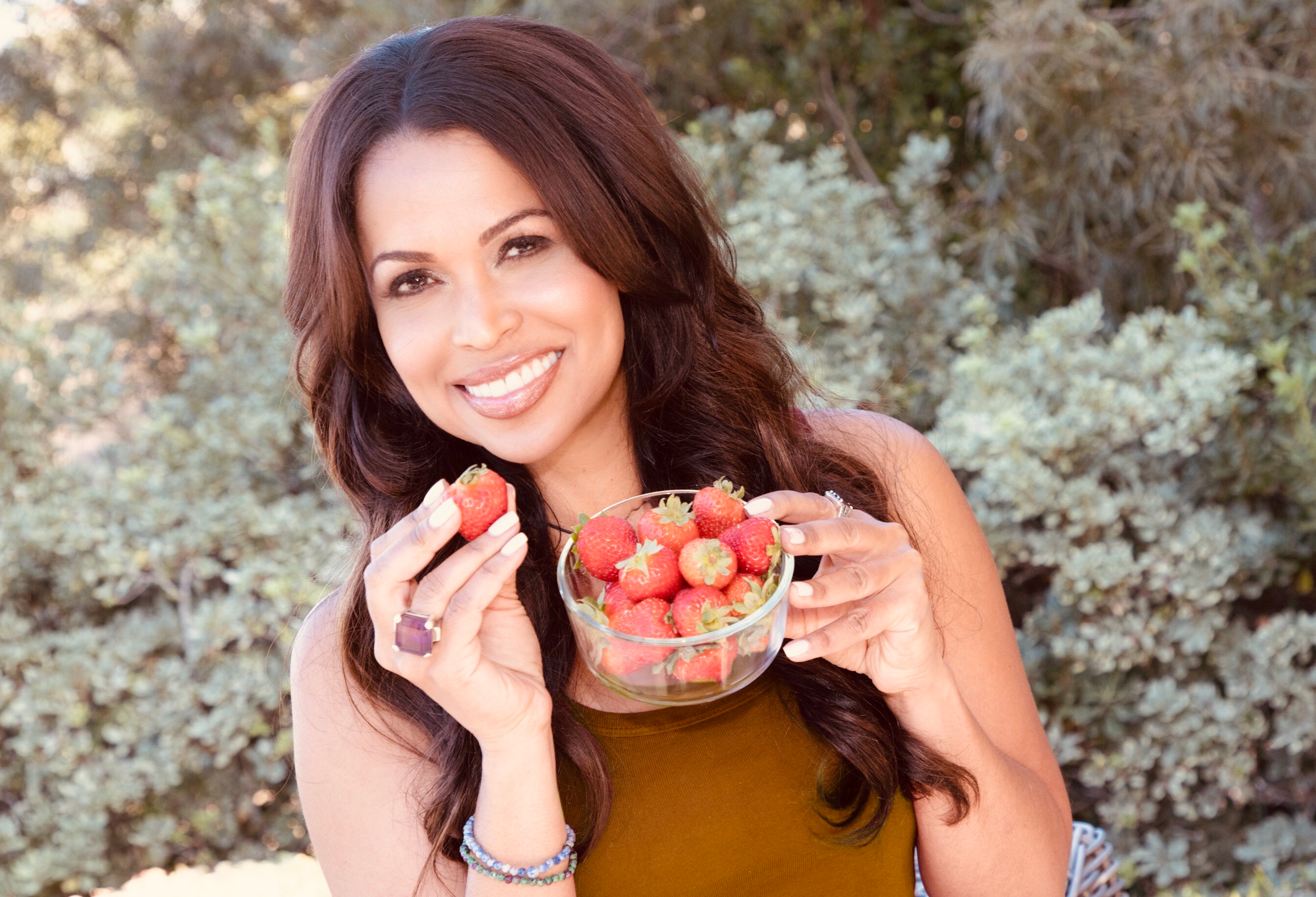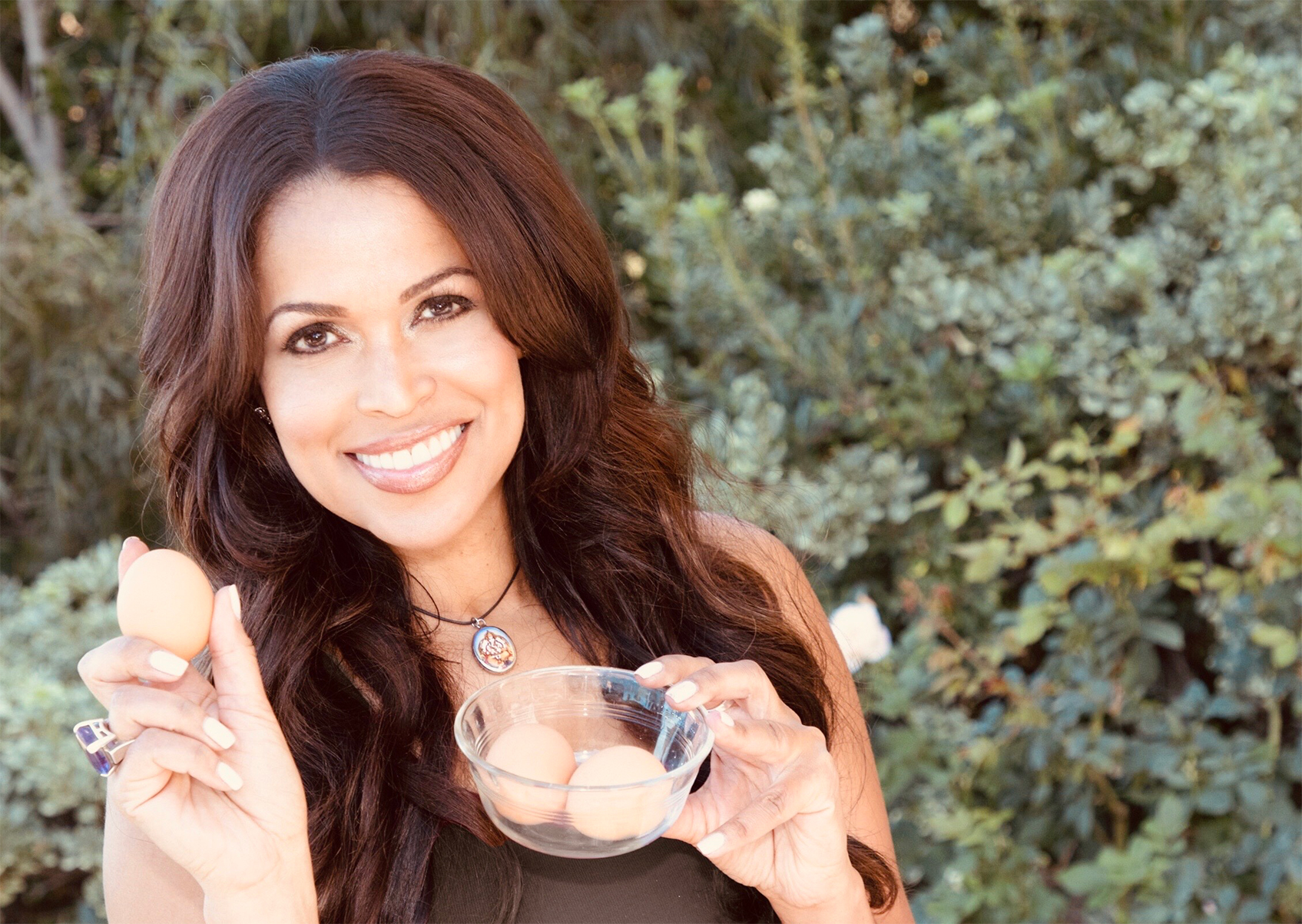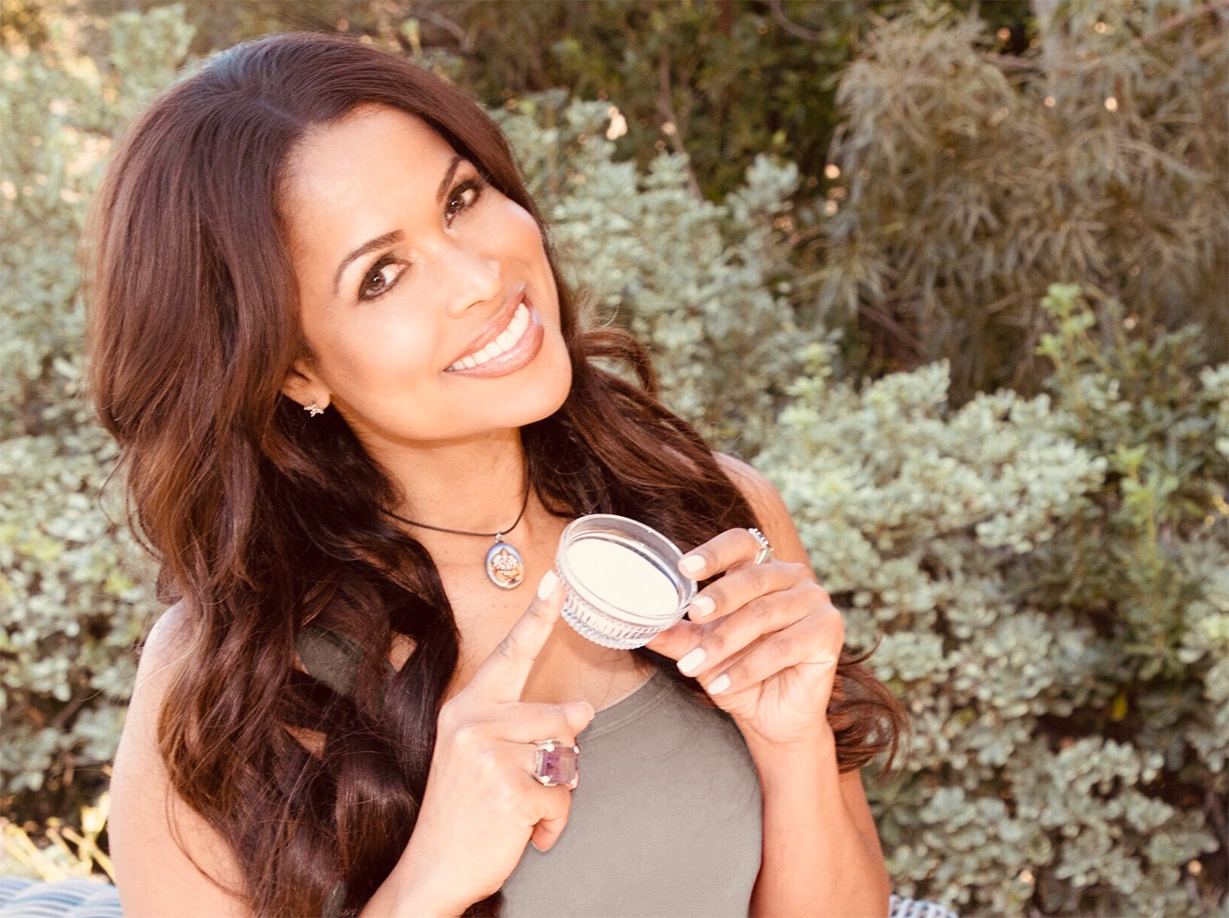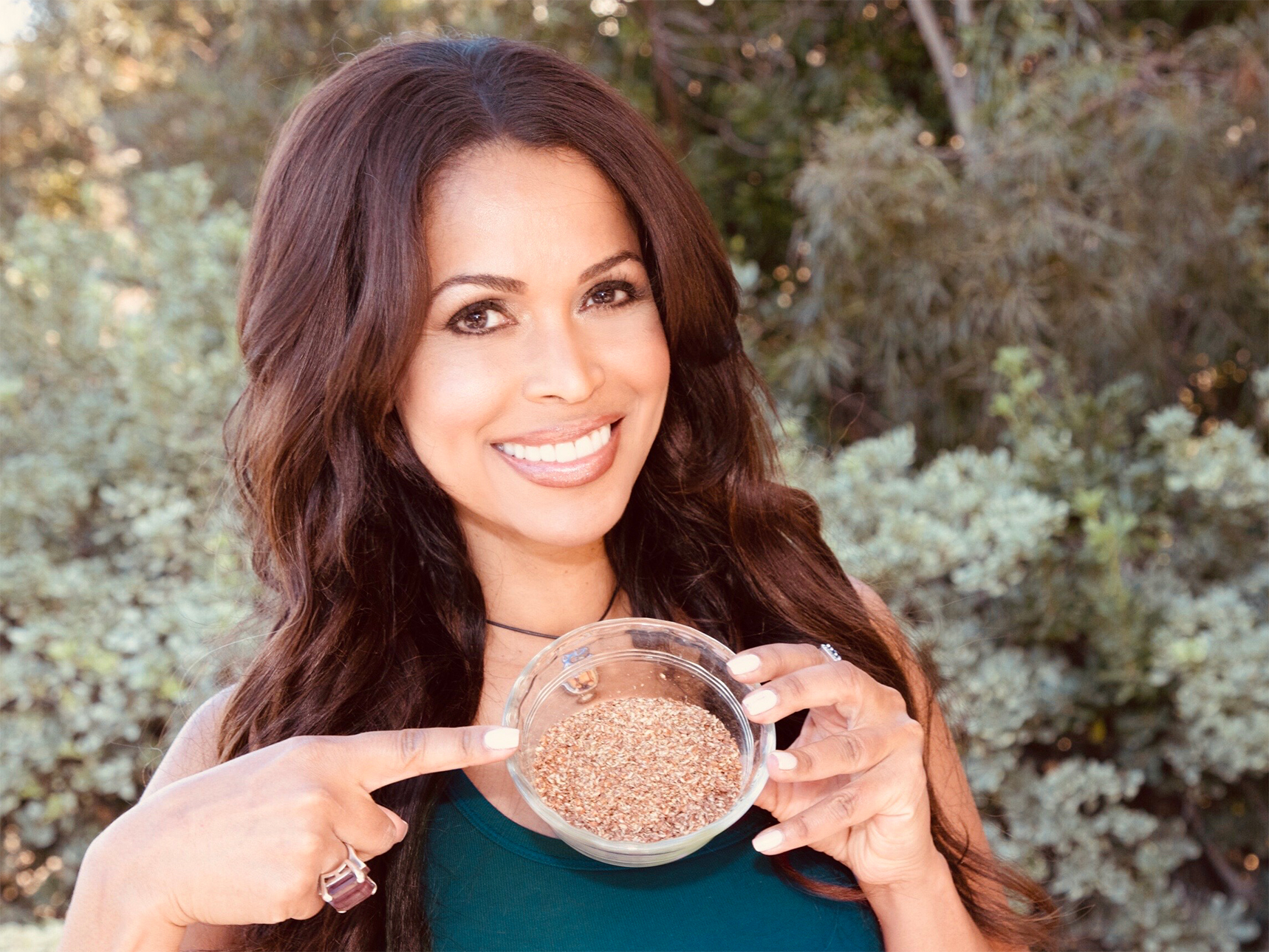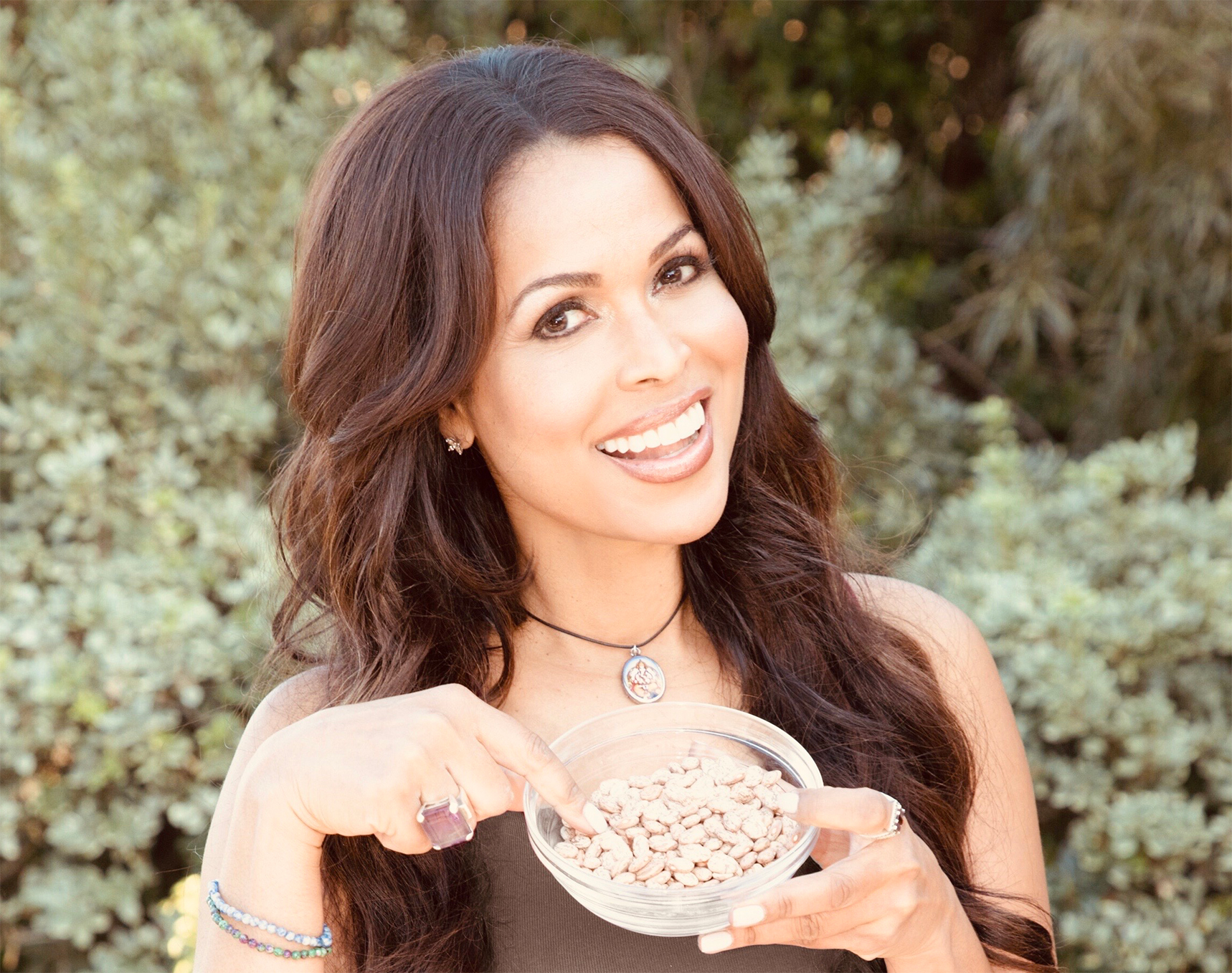Strawberries: 3 Show-Stopping Benefits You Shouldn’t Live Without
Strawberries are one of the most delicious health foods I know. They’re what I use to make other health foods taste better! By themselves, they’re a yummy snack during the busy week. In cereal, oatmeal, and smoothies, they can take a bland grain or protein mixture and convince you to enjoy every bite of it. The ancient Romans knew how amazing strawberries are: they not only enjoyed eating them but from their medical literature we can see that they knew some of their healing properties too. The ones you buy at the store may not be exactly like the ones that crowded the sunny groves in antique Europe, but they offer many of the same benefits. This is one instance where you can trust your palette. Strawberries’ amazing taste hides 3 show-stopping benefits that make them an even easier sell as a mid-morning snack. 1. The Benefits of Berries Most berries are superfoods and strawberries take advantage of that proud lineage. They give you a lot of the same health benefits as others. They contain a ton of vitamins, plant fiber, natural sugar, and phytochemicals. These compounds are found in many edible plants and have been shown to reduce our risks for chronic diseases across the board. Other bioactive compounds include flavonols, anthocyanins, and ellagic acid. These work to reduce inflammation and oxidative stress. The effect? Improved cardiovascular health, healthier eyes, and even a lower risk for some cancers. 2. A Healthy Brain Strawberries contain fisetin, an antioxidant shown to fight inflammation in your whole body, but mostly in your brain. It promotes blood flow and reduces oxidative stress. The result is a “neuroprotective” effect that stimulates new brain growth, improves memory, and helps protect your brain against age-related degeneration. If you’re getting older or have a history of age-related mental disorders in your family, consider this extra motivation to add strawberries to your daily routine. 3. A Healthy Heart Many foods secretly tell us their contents through their color. Strawberries, for instance, get their hue from a compound called anthocyanin. It’s an anti-inflammatory, anti-microbial, and anti-cancer ingredient that has even been shown to encourage healthy heart function. Studies have shown that it has a helpful impact on blood platelets and blood vessels, which reduces our risk for coronary heart disease. Best Ways to Eat Strawberries With all these show-stopping benefits, strawberries should seem like an even more enticing treat than they already did. However, if you’re eating them for your health, there are wrong ways to do it! As much as we all love chocolate-covered strawberries or strawberry shortcake, it’s important not to fool ourselves. Those are desserts. They may contain strawberries, which have more health benefits than sprinkles, but there’s no way to notice any benefits if you eat them that way. No matter how heart-healthy [...]

